[NCTS Seminar - Particle Physics Journal Club] $K_1/K^*$ enhancement as a signature of chiral symmetry restoration in heavy ion collisions
Speaker: Dr. Haesom Sung (AS)
Talk title: $K_1/K^*$ enhancement as a signature of chiral symmetry restoration in heavy ion collisions
Time: 2025/10/13 (Mon.) 12:30
Place: NCTS Physics 4F Lecture Hall, Cosmology Hall, NTU
Abstract:
When chiral symmetry is restored in the quark-gluon plasma produced in relativistic heavy ion collisions, we argue that the yield ratio of $K_1$ to $K^*$ mesons in these collisions is larger than the prediction of the statistical model as the chemical freeze-out temperature in this model is close to the chiral transition temperature. Since the mass difference of chiral partners, such as the $K_1$ and $K^*$ mesons, serves as an order parameter of chiral phase transition, the yield of axial vector meson is enhanced when chiral symmetry is restored because its temperature-dependent mass approaches the vacuum mass of vector meson as shown in studies based on the QCD sum rules. We further demonstrate via a kinetic approach that, although the enhancement effect on the $K_1/K^*$ yield ratio is reduced during the hadronic phase of relativistic heavy ion collisions after the chemical freeze-out, the signal is still visible in peripheral collisions due to the higher kinetic freeze-out temperature and shorter hadronic lifetime than in central collisions. Including the non-unity hadron fugacities and temperature-dependent $K_1$ mass in hadronic matter, calculations based on the kinetic approach are found to give a factor of 2.6 enhancement of the $K_1/K^*$ ratio compared to its value from the statistical model in peripheral collisions (70-80\%) of Pb+Pb at $\sqrt{s_{NN}}=$ 5.02 TeV.


